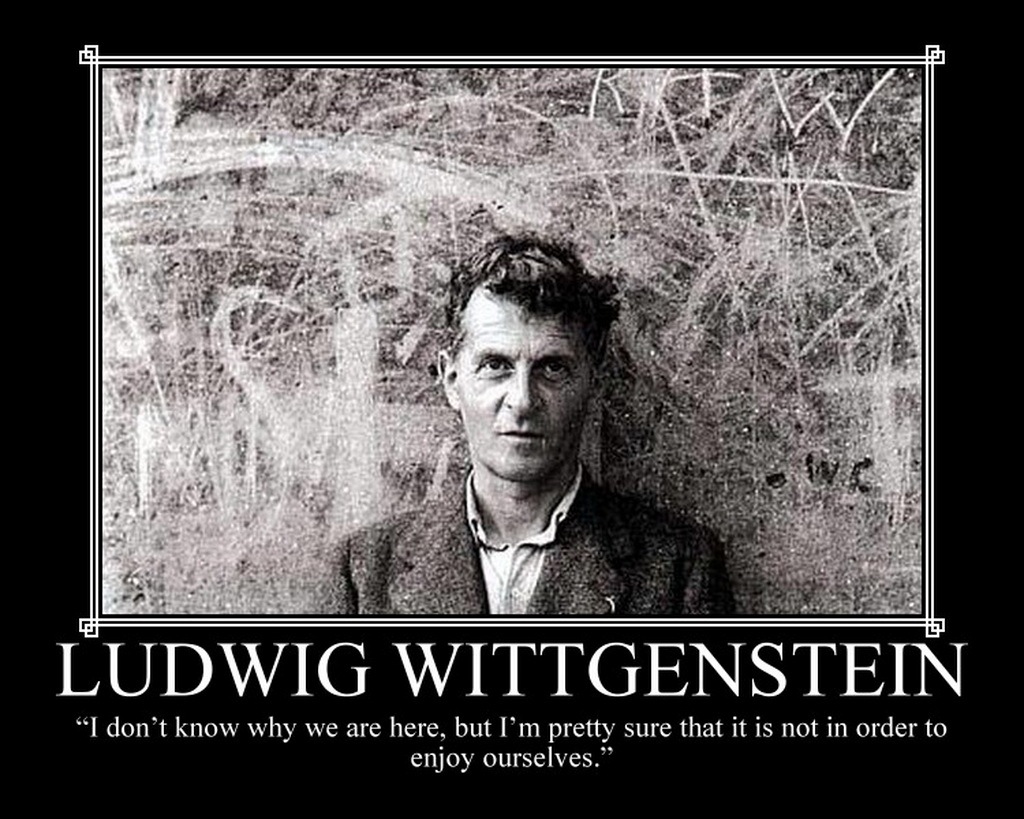
Prospect Magazine
"One of the crucial differences between the method of science and the non-theoretical understanding that is exemplified in music, art, philosophy and ordinary life, is that science aims at a level of generality which necessarily eludes these other forms of understanding. This is why the understanding of people can never be a science. To understand a person is to be able to tell, for example, whether he means what he says or not, whether his expressions of feeling are genuine or feigned. And how does one acquire this sort of understanding? Wittgenstein raises this question at the end of Philosophical Investigations. “Is there,” he asks, “such a thing as ‘expert judgment’ about the genuineness of expressions of feeling?” Yes, he answers, there is.
But the evidence upon which such expert judgments about people are based is “imponderable,” resistant to the general formulation characteristic of science. “Imponderable evidence,” Wittgenstein writes, “includes subtleties of glance, of gesture, of tone. I may recognise a genuine loving look, distinguish it from a pretended one… But I may be quite incapable of describing the difference… If I were a very talented painter I might conceivably represent the genuine and simulated glance in pictures.”
But the fact that we are dealing with imponderables should not mislead us into believing that all claims to understand people are spurious. When Wittgenstein was once discussing his favourite novel, The Brothers Karamazov, with Maurice Drury, Drury said that he found the character of Father Zossima impressive. Of Zossima, Dostoevsky writes: “It was said that… he had absorbed so many secrets, sorrows, and avowals into his soul that in the end he had acquired so fine a perception that he could tell at the first glance from the face of a stranger what he had come for, what he wanted and what kind of torment racked his conscience.” “Yes,” said Wittgenstein, “there really have been people like that, who could see directly into the souls of other people and advise them.”
“An inner process stands in need of outward criteria,” runs one of the most often quoted aphorisms of Philosophical Investigations. It is less often realised what emphasis Wittgenstein placed on the need for sensitive perception of those “outward criteria” in all their imponderability. And where does one find such acute sensitivity? Not, typically, in the works of psychologists, but in those of the great artists, musicians and novelists. “People nowadays,” Wittgenstein writes in Culture and Value, “think that scientists exist to instruct them, poets, musicians, etc. to give them pleasure. The idea that these have something to teach them-that does not occur to them.”"
No comments:
Post a Comment
Note: Only a member of this blog may post a comment.